The central topic of this paper is the following question: ‘How to check whether the funds required for the implementation of the measures from the Action Plans for Chapters 23 and 24 have been planned in the annual budget?’ In responding to this question, adequate responses can hardly be found by analysing the Budget Law. Its structure is based on the line item budgeting set into programmes, and as such it leaves no space for identifying the links between the funds spent and the attainment of strategic objectives of institutions.
If funds required for the implementation of the measures from the Action Plans are not planned in the budgets of the institutions tasked for their implementation, it is simply impossible to implement them, and the responsibility for errors is decentralised to weak planning. In that regard, a special attention is given to the budgets of the Interior Ministry (Police Authority) and the Prosecutor’s Office, as key institutions bearing the greatest responsibility, and, in the case of the Interior Ministry, with the largest budgetary expenditure for implementing the Action Plan measures.
Consequently, this paper argues for a further development of programme budgeting, as the key instrument for monitoring the performance of public administration and the achievements vis-à-vis the set objectives and allocated budgetary means.
The implementation of programme budgeting would enable for an establishment of a direct link between the implementation of strategic documents and the budgeting process. It would ensure financial planning with a focus on institutions’ objectives and implementation of tasks, establishing a basis for a system of measuring whether the allocated funds helped produce desired results.
However, after a whole decade of the state administration’s work aimed at implementing programme budgeting, we are still at the very beginning. Apart from the simplest formal change of placing budgetary lines within groups called ‘programmes,’ no progress has been made. This paper outlines the problems that ensued and the reasons that led to a halt in this public finance reform.
In search for the lessons learned as regards introducing programme budgeting, as well as its application by prosecution and police authorities, the paper gives an overview of comparative practice. The paper outlines the examples of Norway, the Netherlands, and Croatia as particularly interesting as they are all at a much higher level of programme budgeting. Therefore, their experience is highlighted, as well as their successes and pitfalls from which we may learn while developing our own system.
Towards the end, the paper gives recommendations for further work towards the introduction of programme budgeting. These recommendations go further than offering a general opinion that efforts in this area need to be strengthened, and they propose concrete steps that should be taken in order to lift the process off its current ground zero position.



 However, the research results indicate that the email address of one MP is not listed on the website while another one is invalid. Additionally, phone numbers and fax numbers are made available for 47 MPs or 58%.
However, the research results indicate that the email address of one MP is not listed on the website while another one is invalid. Additionally, phone numbers and fax numbers are made available for 47 MPs or 58%.
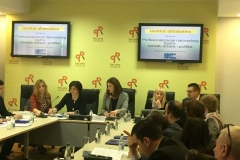
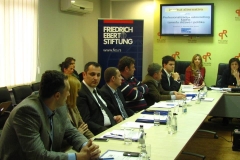
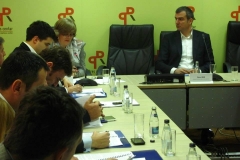
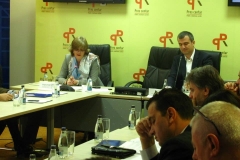
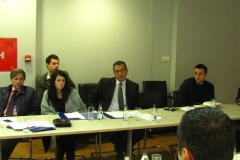
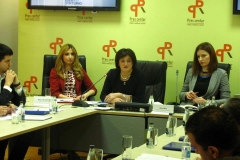
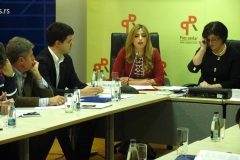
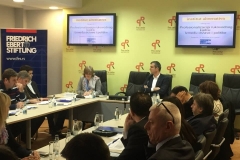
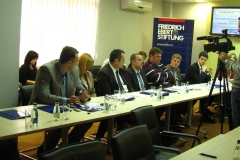
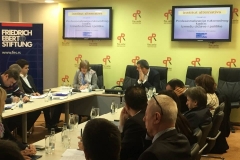
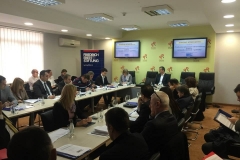
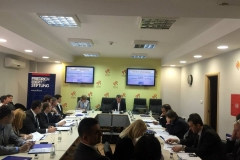
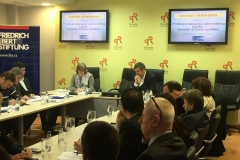
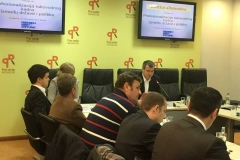
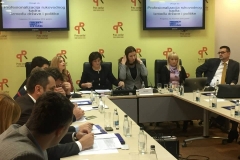
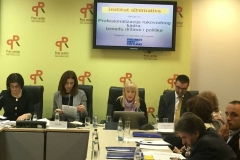
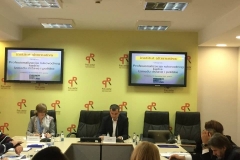
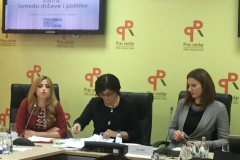
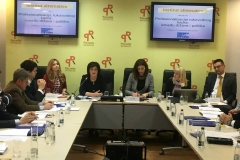
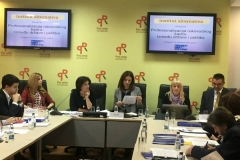
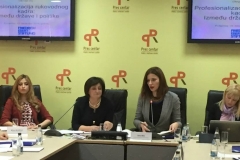
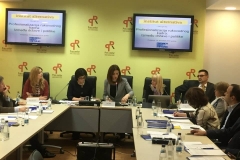
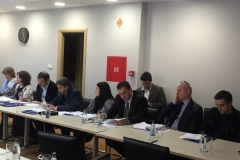
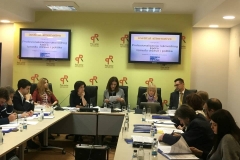
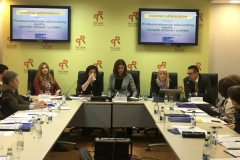

 The Parliament of Montenegro has to work further in strengthening its control mechanism in relation to executive power. When talking about this part of parliamentary work, there is a space for further improvement of the control mechanisms towards:
The Parliament of Montenegro has to work further in strengthening its control mechanism in relation to executive power. When talking about this part of parliamentary work, there is a space for further improvement of the control mechanisms towards: